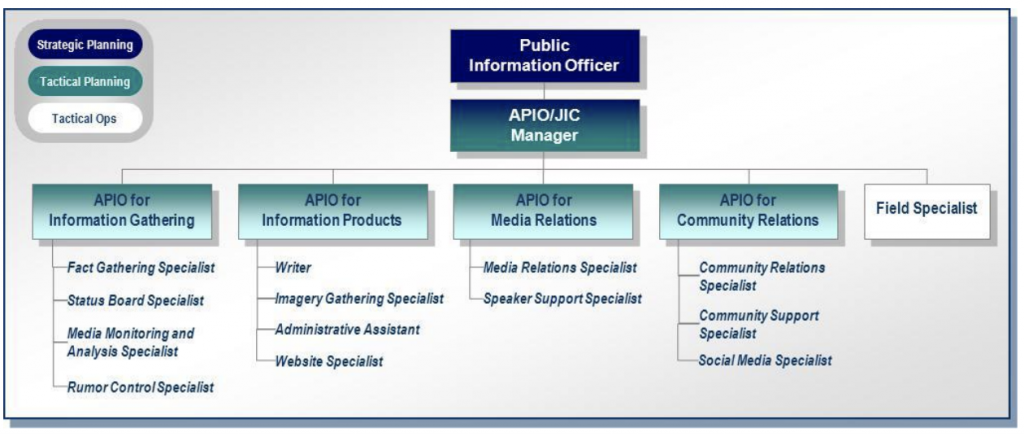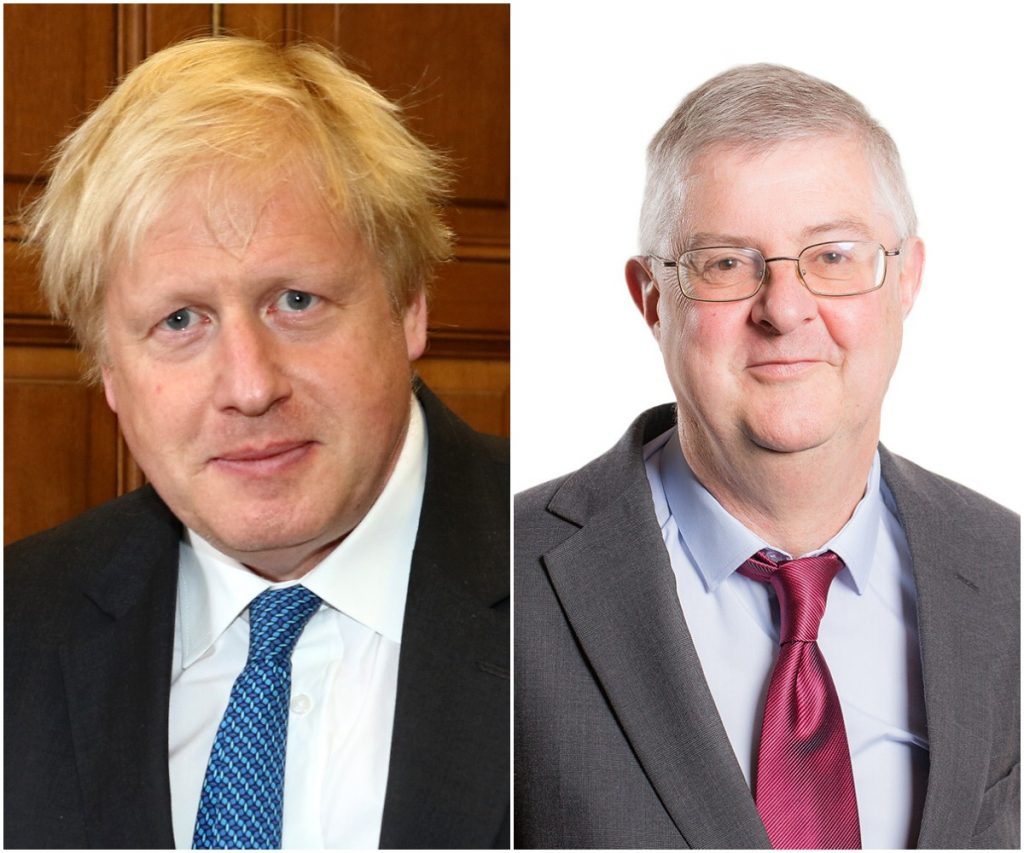An effective public health message can only succeed with a collective, coordinated response, writes Auriol Miller.
We are still in the early phase of this global humanitarian emergency. Within ten days, our world has changed and our lives will never be the same again. Last night, the UK went into lockdown.
Over the last week we’ve seen local authorities across Wales scrambling to respond to a fast-changing situation at a pace we might not have foreseen before. Their response has been admirable given the uncertainty, the sheer scale of the task at hand and the massive implications that we cannot even process yet.
Non-essential council services are being scaled back, and libraries and leisure centres are now closed. Play areas in parks are being closed too. Our children are – mainly – at home, with the exception of those of key workers who we will all need even more than we ever knew we did.
Some schools have opened this week with a new purpose, providing essential support to a combined effort to keep the show on the road in terms of medical care, as well as shops can ensure food and other essential supplies.
Our elderly relatives are facing an extended period without the comfort of the touch of a loved one and are getting to grips with going online for the first time or relying on others’ kindnesses for basic necessities.
Our students don’t know what their future looks like yet without the stamp of an exam grade, but universities have mobilised speedily to set up online learning platforms and deal with the practical and pastoral issues that have gone hand in hand with this new reality.
Our businesses are facing a cliff-edge, with proportionately more SMEs in Wales than elsewhere, and restaurants, bars and cafes have closed down temporarily. Those lucky enough to have jobs have had some comfort in recent days, but HM Treasury’s efforts do not touch everyone by any means. Our collective economic future is uncertain.
It is beginning to filter through to people that each of us has a part to play. The core message of Stay Home, Protect the NHS, Save Lives is starting to take root, but there is still some way to go.
On the upside, community organising is going into overdrive and small acts of kindness are proliferating right, left and centre. The best efforts are practical and thought through, offering a model for others to follow, and not putting volunteers in danger themselves or at risk of being scammed.
But it’s crucial we don’t duplicate what’s already out there, even with the best of intentions, and this is where we need to get ahead of the curve on coordination. There are organisations like the British Red Cross out there that do this for a living already.
Beyond the delivery of essential services, which I know is the immediate priority at the moment, there are three issues I think we need to be thinking about seriously. And the first is urgent.
Decision Making, Coordination and Communication
The first issue is decision making, coordination and communication. If everyone has a part to play in this – and we all do – then those of us who run national organisations of any kind have a particular responsibility to use our resources, platforms and energies wisely, for the common good.
While the Welsh Government has a key role to play in terms of directing public resources, and ensuring the enforcement of directives to safeguard public health, safeguard the vulnerable, and safeguard jobs in Wales by promoting the Treasury’s financial support packages, it also has a responsibility to use all the means at its disposal to get those messages across as best as it can.
The importance of having public health information in all relevant languages cannot be overestimated – particularly for the most vulnerable, at risk populations who are not glued to news outlets – but so is sensitivity in terms of who is delivering the information. Government or Public Health Wales are not always best placed to do this.
Each policy sector, each type of institution, will have its own networks and will have ways of cascading information to its constituents or membership. Business, academic, third sector, faith and community leaders and political leaders of other parties all need to be getting the same core information from a Joint Information Centre (JIC) operating across Welsh Government, that should also be channelling information to health boards, local authorities, local resilience forums and emergency response teams, as well as holding the relationship with the UK Government.
This is not just using people in particular roles in established organisations because they happen to be the one in charge, this is about playing to our collective strengths and using the best people we have to lead our collective response team for the whole of the country. People who are respected for their leadership, their experience, as well as their ability to connect and mobilise.
We need to designate liaison people for each policy area and sector to act as funnels in and out of government, lines of communication set out with decision makers and officials, coordination meetings set up and the contact details shared visually through a diagram.
As should be abundantly clear by now, this is not business as usual. Here are two examples to draw from.
Here’s the US National Response Team’s public information set up for a Type 1 response, ie incidents akin to 9/11, Hurricane Katrina or a flu pandemic.

And here is the guidance from the UN’s Office for the Coordination of Humanitarian Affairs which fulfils a similar function across all UN agencies in a crisis situation. Both would be examples to borrow from.
This kind of coordination and communication effort takes discipline and far more resources than in normal circumstances but will save time, money and – most importantly – lives. This JIC should second people into Welsh Government if needed, on a temporary basis, shorten lines of communication with external stakeholders and ensure decision makers are not endlessly re-explaining decisions, or answering the same question from different quarters, but are supported to move onto the next issue at hand.
As in the case of the US guidance, this Joint Information Centre should fulfil the following functions:
- Be the first and best source of information
- Develop, recommend and execute public information plans and strategies on behalf of the Welsh Government’s named, designated lead
- Advise the designated lead concerning public affairs issues that could impact the response
- Ensure the various response agencies’ information personnel work together to minimize conflict
- Gain and maintain public trust and confidence
- Gather information about the crisis
- Capture video and photos of the crisis for release to the media and to support the response
- Write and communicate emergency public information regarding public protective actions, emergency accommodation and other public safety messages
- Ensure the timely and coordinated release of accurate information to the public by providing a single release point of information
- Facilitate and manage control of rumours
- Monitor and measure public perception of the incident
- Inform the designated lead of public reaction, attitude and needs
Once this JIC is up and running and its existence and contact details communicated to the sector leads, we can turn our attention to the other two issues.
Syniadau uchelgeisiol, awdurdodol a mentrus.
Ymunwch â ni i gyfrannu at wneud Cymru gwell.
What next?
The second is who’s thinking about what next? Yes, the focus is on the immediate priorities of ensuring essential services continue, and protecting our NHS so that they can continue to save lives. Rightly so, but we also need to think through the implications that are around the next corner, sector-specific ones as well as cross-cutting implications.
The wider group of civil society leaders referred to above can be useful here, with resources that can be redirected to a slightly longer horizon as priorities allow.
Learning as we take it day by day
The third is learning as we go along. In humanitarian emergencies, real time evaluations accompany the rapid response teams to capture the creativity engendered by new ways of working that come out of crisis situations. They also capture the mistakes so that there is less chance of them being repeated. We need to do the same.
A collective, coordinated response won’t happen by itself. We can make it happen.
All articles published on the welsh agenda are subject to IWA’s disclaimer.





